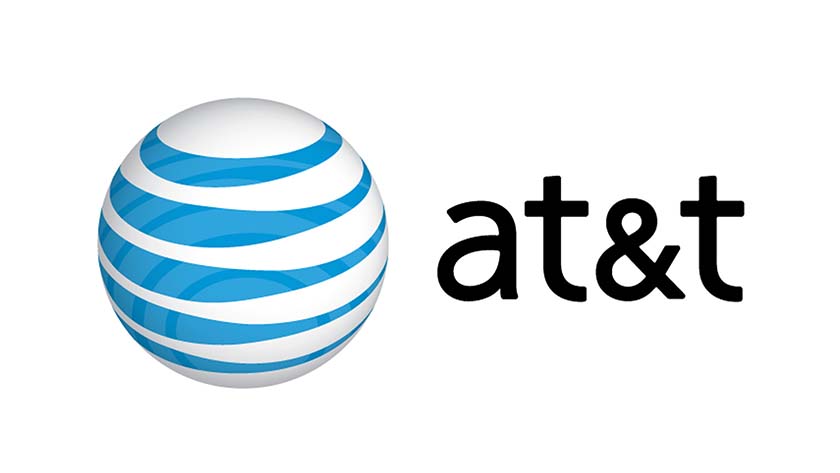
- A federal judge ruled today that the AT&T-Time Warner merger can proceed without any concessions.
- This will marry AT&T’s distribution services with Time Warner’s media content, making one mega-company.
- The merger is a direct response to the success of “alternative” media services like Netflix and Amazon.
After a six-weeks-long trial, Federal Judge Richard J. Leon issued his final ruling today that AT&T can proceed with its merger with Time Warner, via The New York Times.
The merger will consolidate AT&T’s telecommunications services with Time Warner’s content, which includes some of the biggest names in media like HBO, CNN, and sports broadcasts from the NBA and NCAA.
The ruling comes in direct opposition to the United States Department of Justice, which sued to block the deal. The anti-trust chief of the DOJ, Makan Delrahim, was trying to get the two companies to concede parts of their respective businesses to keep the industry landscape competitive.
However, Judge Leon gave the companies the “all clear” to merge without any concessions necessary on either side.
The AT&T-Time Warner merger is in direct response to the success of Netflix.
Although AT&T does not have to go through with the merger and Time Warner does not have to accept, with federal approval the $85.4 billion deal is now virtually complete.
The AT&T-Time Warner merger is a direct result of media companies like Netflix and Amazon creating and distributing content through alternative means to traditional cable. AT&T pushed to merge with Time Warner to better compete with these newer companies and claim back some of the market.
In April, during the trial, Randall Stephenson – the CEO of AT&T – said, “We want people engaged with their mobile devices all day watching movies and video.” With Time Warner’s assets at its disposal, AT&T might be able to make that dream a reality.
Many consumer advocates, politicians, and even the President of the United States have vocally opposed the deal. During Donald Trump’s campaign for President in 2016, he said he would block the deal as President “because it’s too much concentration of power in the hands of too few.” But with a federal judge giving the approval, even the President may not be able to stop the merger.
With this merger, the amount of companies that own everything we watch, see, and hear is shrinking down even more. The infographic below represents the media landscape in 2011, which has shrunk even more since then and will shrink even further if this AT&T-Time Warner deal does happen:
The approval of this merger also increases the chances that other mergers could survive regulatory approval. Mergers that have already been discussed are Comcast’s takeover of 21st Century Fox, T-Mobile’s offer to buy Sprint, and CVS’s bid for Aetna.
NEXT: US Justice Department said to be investigating Sprint-T-Mobile merger


Be the first to comment